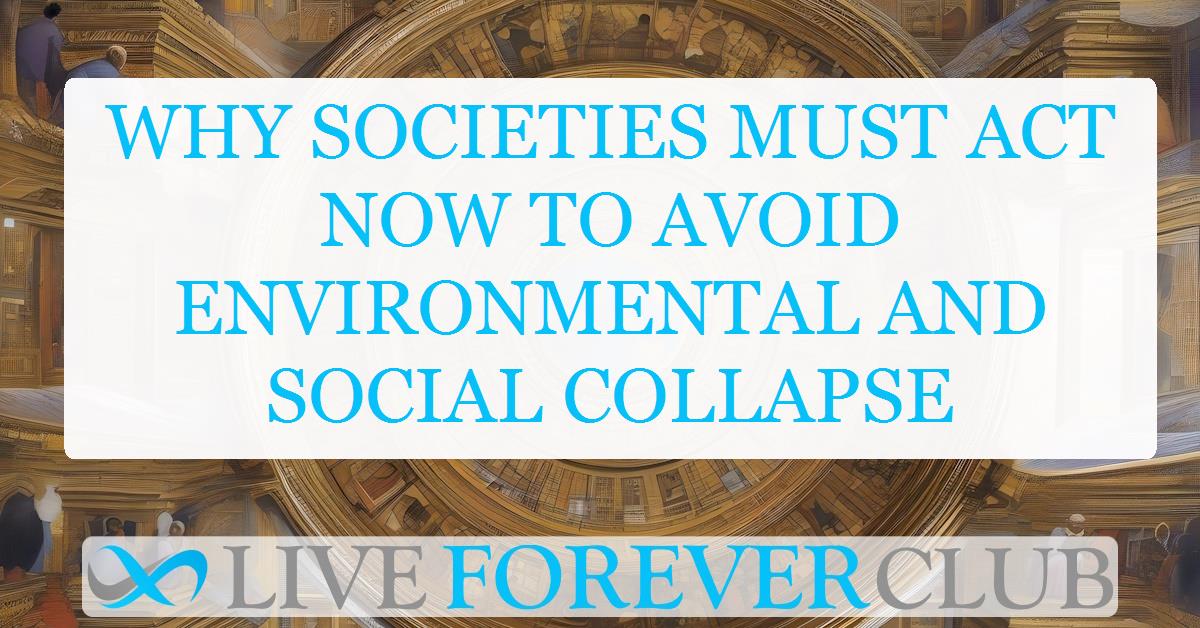Key points from article :
Danilo Brozović, a researcher at the University of Skövde in Sweden, reviewed 361 studies and 73 books on societal collapses to understand what might prevent a similar fate for modern society. He argues that dramatic social and technological changes are necessary to avoid collapse, which is increasingly seen as a potential consequence of climate change and environmental degradation. Brozović's work was published in 2023, addressing the growing urgency of these concerns due to environmental, geopolitical, and economic crises.
The concept of societal collapse has been debated for centuries, with previous theories focusing on factors like decadence, invasions, and environmental degradation. Today, most scholars believe collapses result from a combination of environmental problems, political or economic turmoil, and social unrest. Brozović highlights Joseph Tainter's theory of "peak complexity," which suggests that as societies become more complex, the resources needed to solve problems increase, leading to eventual collapse. Technological innovations can offer temporary solutions, but they cannot prevent collapse indefinitely.
Brozović also points to the sunk-cost effect, where societies are reluctant to abandon failing systems, and social hubris, where arrogance prevents action to avert collapse. He notes that growing inequality, especially between the rich and poor, often signals the impending failure of a society. He emphasizes that while past collapses were local, today's global society faces unique challenges that require new approaches to prevent a similar downfall.
Jared Diamond’s 2005 book, Collapse: How Societies Choose to Fail or Succeed, identified two crucial decisions that can make the difference between survival and collapse: long-term planning and the ability to adapt core values to new circumstances. Positive examples include societies that tackled deforestation early, while negative ones involve those that clung to outdated practices, leading to their downfall.
Brozović concludes that humanity's current trajectory is unsustainable, and immediate, radical transformations in society are required. He advocates for comprehensive changes in politics, policies, and institutions to safeguard food production and the environment. However, he warns that significant barriers to action exist, including widespread disinformation, which complicates efforts to address these issues effectively.
Despite these challenges, Brozović remains hopeful that change is possible if it occurs swiftly. Drawing from the work of historians like Arnold Toynbee and Winston Churchill, he suggests that while a lower-impact society is an unlikely scenario, it is the most favorable option compared to other possible futures.





